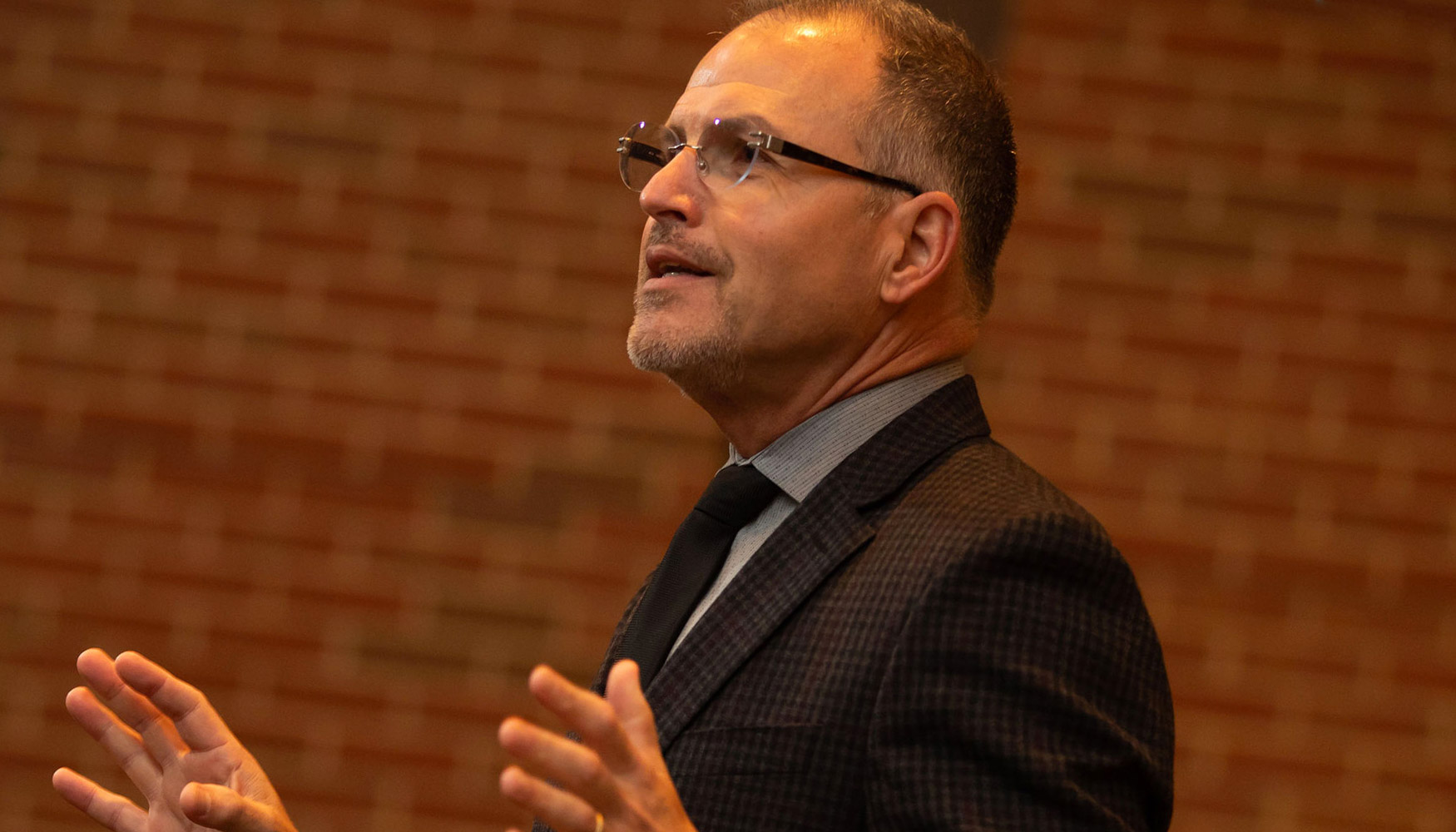September 23, 2020
Making the Business Case

First, some history. Back in 1994, sustainable business pioneer Ray Anderson, CEO of a petroleum-intense and environmentally unkind textile company, brought his “spear in the chest” epiphany … the business case for running a sustainable and restorative business operation … to a group of Wall Street investors. Predictably, large investors began dumping Interface stock, declaring that Anderson “had clearly gone ’round the bend.'”
Anderson and Interface pushed ahead on sustainability, with no shortage of defeats to go with a few victories. Pay and bonus incentives slowly changed, and employees at all company levels were rewarded for incremental reductions in waste. A company heavily dependent on petroleum with less than one percent of raw materials coming from recycled or renewable sources in 1996 stands today at 49 percent recycled or renewable content.
What does a global industrial carpet company headquartered in Georgia have to do with the launch of Boler College’s first digital magazine? Well, nothing and everything. As one of the nation’s 27 Jesuit business schools, we feel a calling as educators: to provide wisdom and a secure set of values to root the next generation of business creators, innovators, and leaders.
Like Ray Anderson, we know that we remain far from achieving that and many other goals for building a sustainable world. Henry David Thoreau once asked: “What is the use of a fine house if you haven’t got a tolerable planet to put it on?” Pope Francis talks of humanity’s “dominion” over nature as he writes about the business case for bringing the clean economy to fruition, particularly in the developing world. “The costs,” Francis writes, “would be low, compared to the risks of climate change. In any event, these are primarily ethical decisions, rooted in solidarity between all peoples.”
Inspired Business seeks to look ‘round the bend’ and to shed a small light on that “solidarity between all peoples.” We know that businesses are challenged to create value and drive investment in a profitable and generative future. It is not as much about the system of capitalism as it is about the capitalists that lead it.